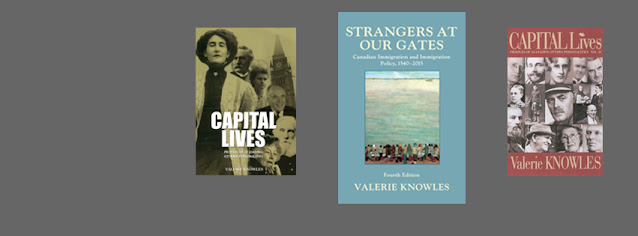Refugee Policy: Overcoming Challenges In The Hospital Industry
The hospital industry is crucial in providing healthcare services to individuals, regardless of nationality, ethnicity, or immigration status. As a result, the industry's refugee policy is crucial in ensuring that refugees receive adequate healthcare services and treatment.
In many places, hospitals are required by law to give emergency medical support to anyone who needs it, including refugees. This service ensures that hospitals provide medical screening and stabilizing treatment to individuals, regardless of their ability to pay or immigration status. Therefore, refugees are entitled to emergency medical treatment at hospitals in different countries.
Overcoming Challenges
However, when it comes to non-emergency medical treatment, refugees may face several challenges. Many refugees are uninsured or underinsured, making it difficult to access healthcare services. Language barriers and cultural differences may make it challenging for refugees to communicate their healthcare needs effectively.
· To address these challenges,
hospitals can implement several policies to improve access to healthcare
services for refugees. One such policy is providing interpretation and
translation services to refugees who do not speak the language. Many Ottawa personalities are
refugees, and this helps refugees communicate effectively with healthcare
providers and receive the necessary treatment.
· Another policy provides
financial assistance to refugees who cannot afford medical treatment. Hospitals
can partner with government programs, non-profit organizations, and charitable
foundations to provide financial assistance to refugees who need it. Ottawa Civic
Hospital nurses are always in service. This can help refugees access
essential healthcare services and treatment, even if they do not have
insurance.
· Hospitals can also provide cultural sensitivity training to healthcare providers to help them understand refugees' unique healthcare needs and cultural practices. Canadian refugee policy in hospitals is helpful, and this can help healthcare providers provide more effective and culturally appropriate healthcare services to refugees.
In conclusion, the hospital industry's refugee policy is critical in
ensuring that refugees receive adequate healthcare services and treatment. By
implementing policies such as providing interpretation and translation
services, financial assistance, and cultural sensitivity training, hospitals
can help ensure that refugees receive the necessary medical care they need.


.jpg)

Comments
Post a Comment